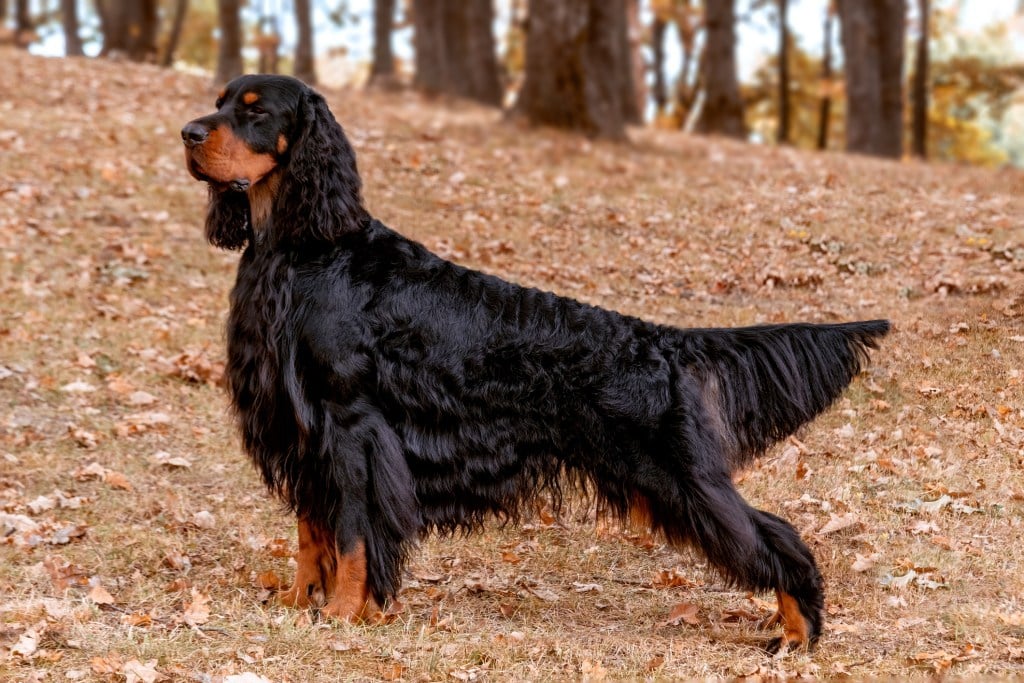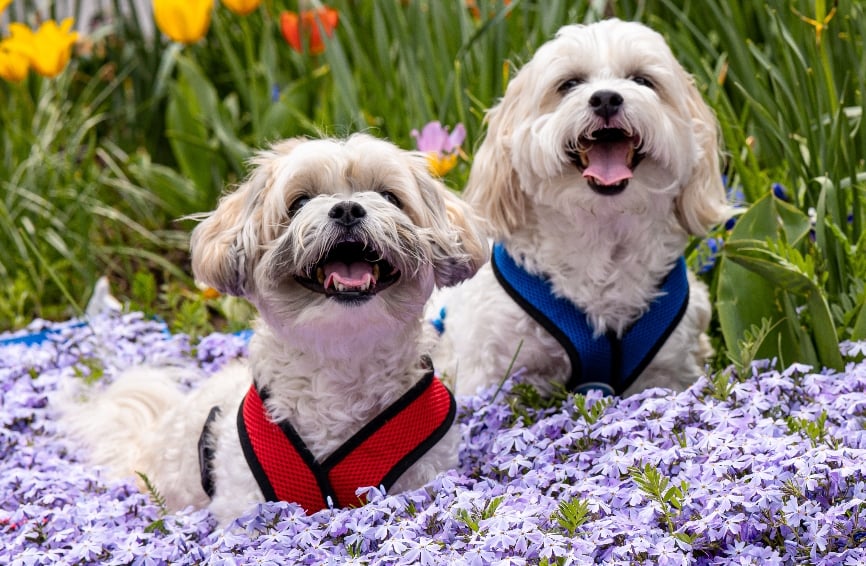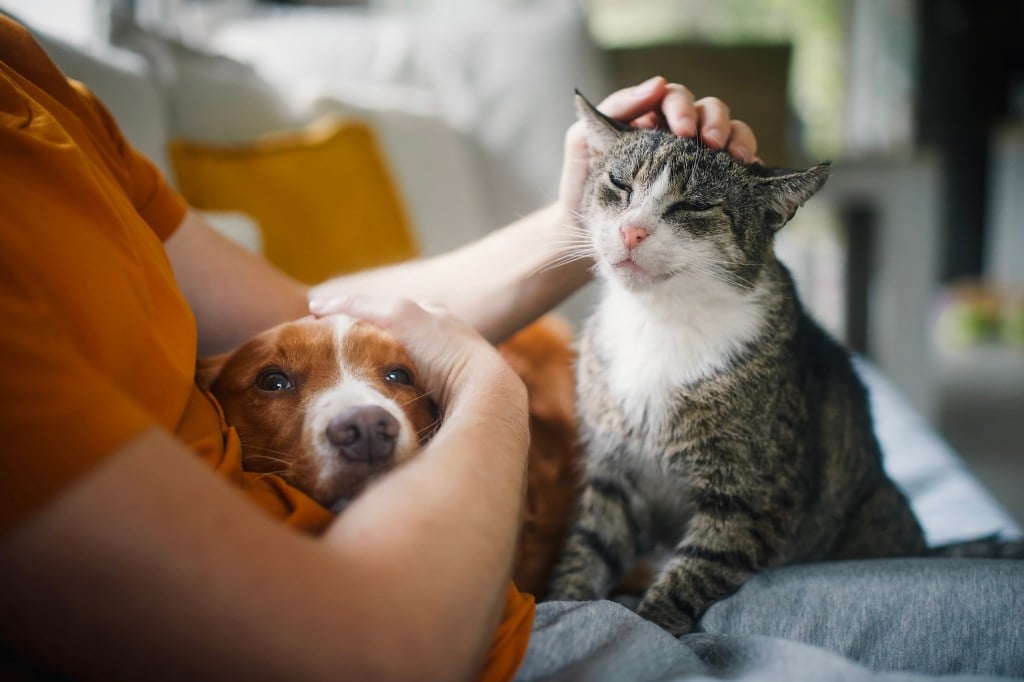You and your dog have been partners for years, but as he slows, you find yourself wanting a new four-legged pal. This new friend you plan to bring in to your family isn’t just for you, he’s also a companion for your senior dog. After all, what better solution to liven up an aging dog than a puppy?
Unfortunately, pairing a puppy and a senior dog is not that simple. As dogs age, they become more sensitive to changes in their routine, loud noises, and overwhelming activity. Puppies, on the other hand, are tiny bundles of energy eager to explore their world with sharp teeth and loud voices.

Puppy play vs. senior self-protection
Play is key to raising a happy, healthy puppy, but it fills another role, too: play is how puppies evaluate their place in the social hierarchy and practice combat skills. Because social relationships among dogs are fluid, puppies (especially between 10-16 weeks of age) continually practice these skills in order to explore the boundaries of their canine (and human) relationships.
Senior dogs, on the other hand, have been around the block enough to know that social interactions will shake out as they should. When a new puppy forces a senior to constantly defend himself, the older dog might shut down rather than deal with the never-ending challenges. A puppy that perceives the older dog’s anxiety as conceding to her in the social hierarchy may learn that her combative play effectively asserted her position. This false confidence may result in an escalation of this behavior at home and in the outside world. Try that style of play with the wrong adult dog and puppy is suddenly in danger of being aggressively put in her place (one good reason puppies should not visit dog parks).
Extra energy can lead to anxiety
The puppy’s impact on your senior may be worse if he is already experiencing symptoms of canine cognitive dysfunction (the equivalent of doggy Alzheimers, which may present itself as confusion, pacing, panting, staring, becoming trapped in corners and behind furniture, incontinence and other changes). A new puppy still learning boundaries may increase the intensity of your dog’s anxiety by changing the landscape of a safe and familiar space.
It’s human nature to want to minimize the hurt losing a pet will cause, but pairing a puppy with a senior may not be the best option for either dog. If you’d like to bring another dog in to your home to share your loved one’s last years, it’s often more beneficial to adopt an adult or, better yet, a senior dog, with a similar energy level.
Shoshi Parks is a member of the Association of Pet Dog Trainers and is certified in dog first aid and CPR and is fully bonded and insured for pet care. In 2009, Shoshi earned a Ph.D. from Boston University in the Social Sciences. Parks is currently owner and head dog trainer at San Francisco-based Modern Hound.







